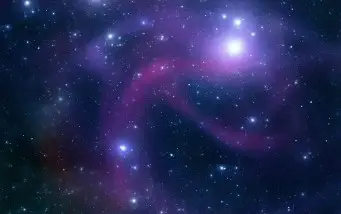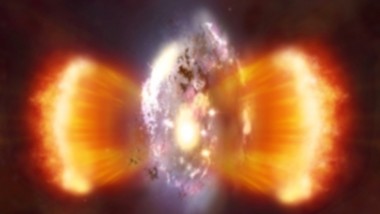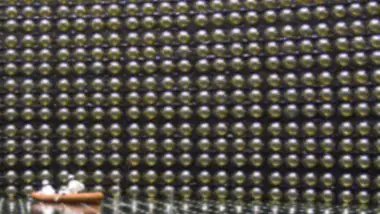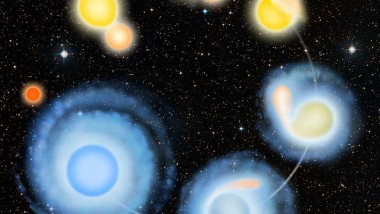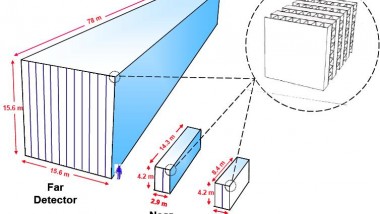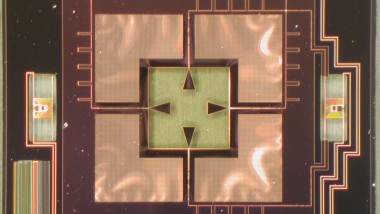Cosmologists at University College London (UCL), England, have recently reported a new calculation that led them one step closer to determining the mass of the elusive neutrino particle. While most of the studies made until now used particle detectors, the ...
‘Catastrophic Event’ Behind Halt of Star Birth
Astronomers from Durham University have recently found evidence for a “catastrophic cosmic event” that is believed to be responsible for halting the birth of stars during the early universe. By focusing research on a specific galaxy, they studied its gravity ...
Scientists Shed Light on the Mysterious Neutrino
Queen Mary’s Particle Physics Research Centre has recently received access to data from the T2K experiment, which dealt with the Neutrino – one of the most baffling particle physicists explore. Using this data, a collaborative team of scientists hope to ...
Explaining Blue Stragglers’ Youthful Appearance
Astronomers from the University of Wisconsin-Madison have recently published an article that sheds light over the ‘youthful’ appearance of stars known as blue stragglers. These shiny stars, which seem older than they are, have puzzled scientists for almost 50 years; ...
Hunting Down the Neutrino
Scientists from NOvA, a cooperative project of the Department of Energy’s Fermi National Accelerator Laboratory, have recently announced the construction of a huge detector that will be used to answer some of the mysteries modern physics present – including the ...
New Sensors to Test Inflationary Universe Theory
The National Institute of Standards and Technology (NIST) has teamed up with Princeton University, the University of Colorado at Boulder, and the University of Chicago to create new sensors capable of detecting much weaker microwaves than those captured by any ...

